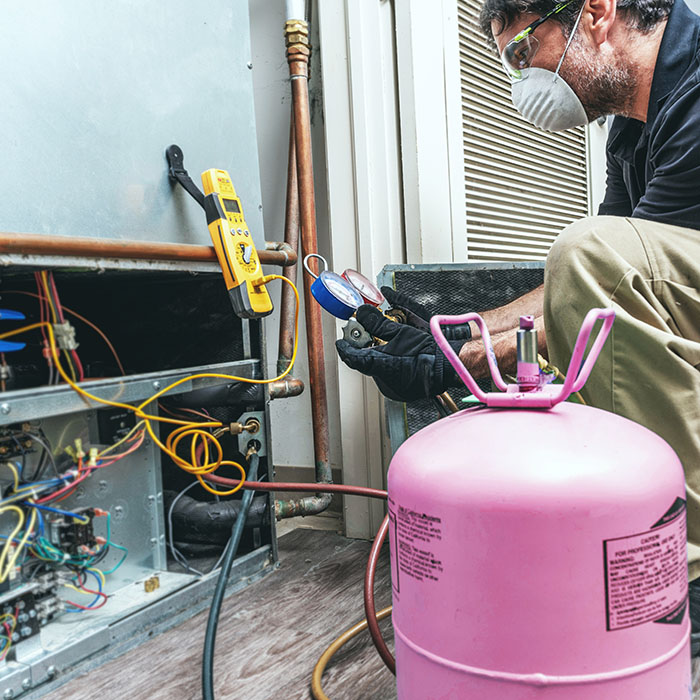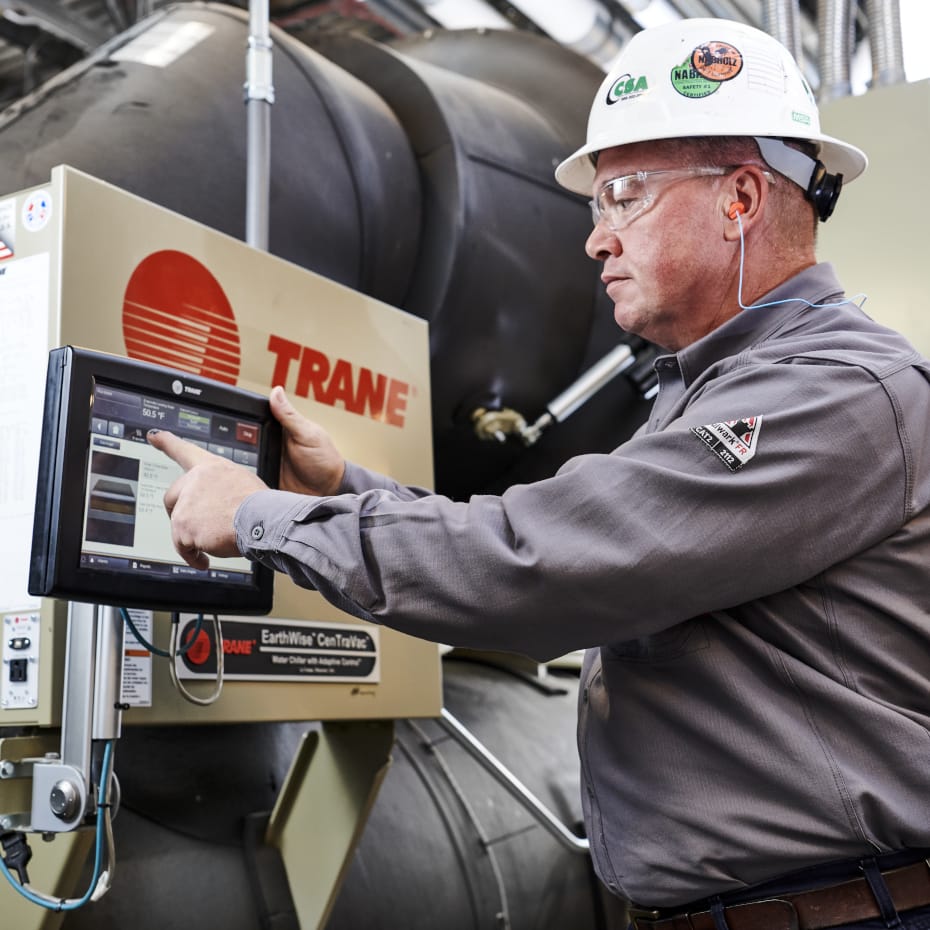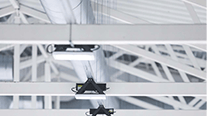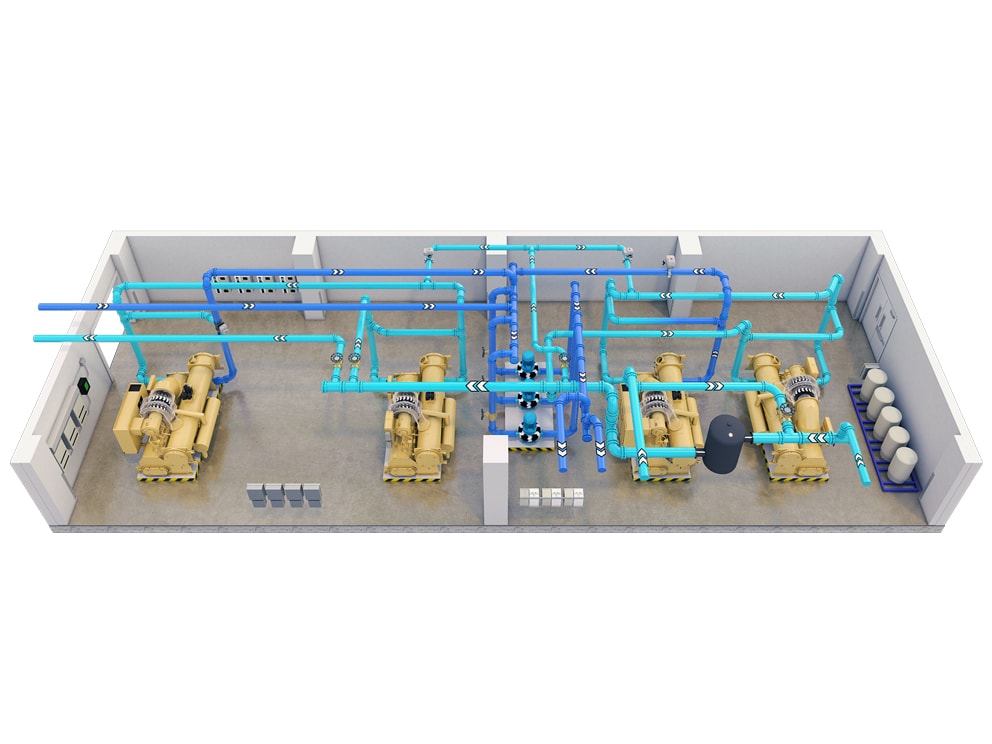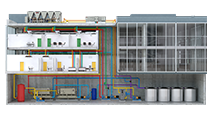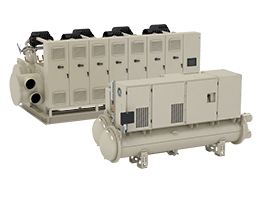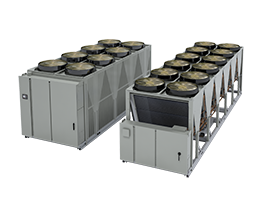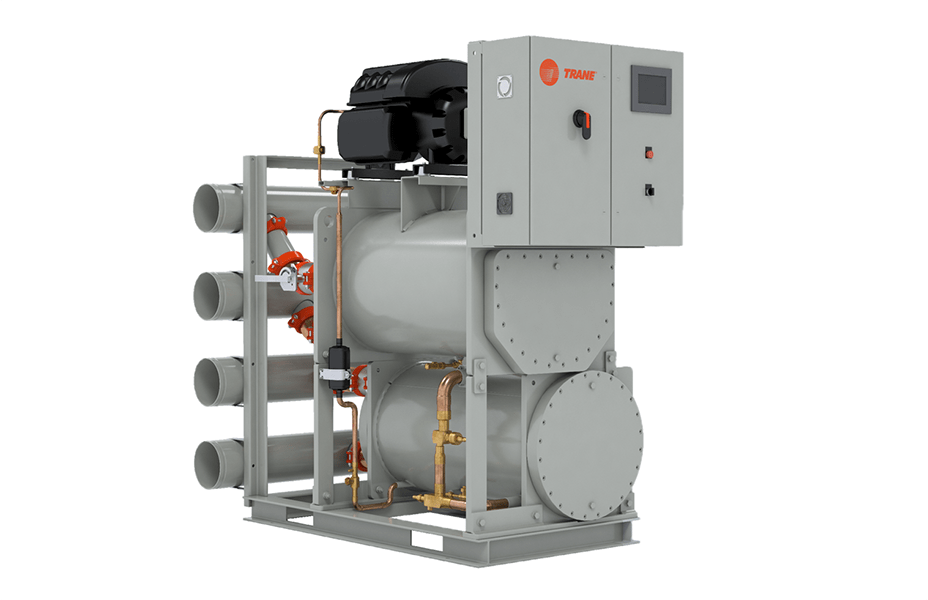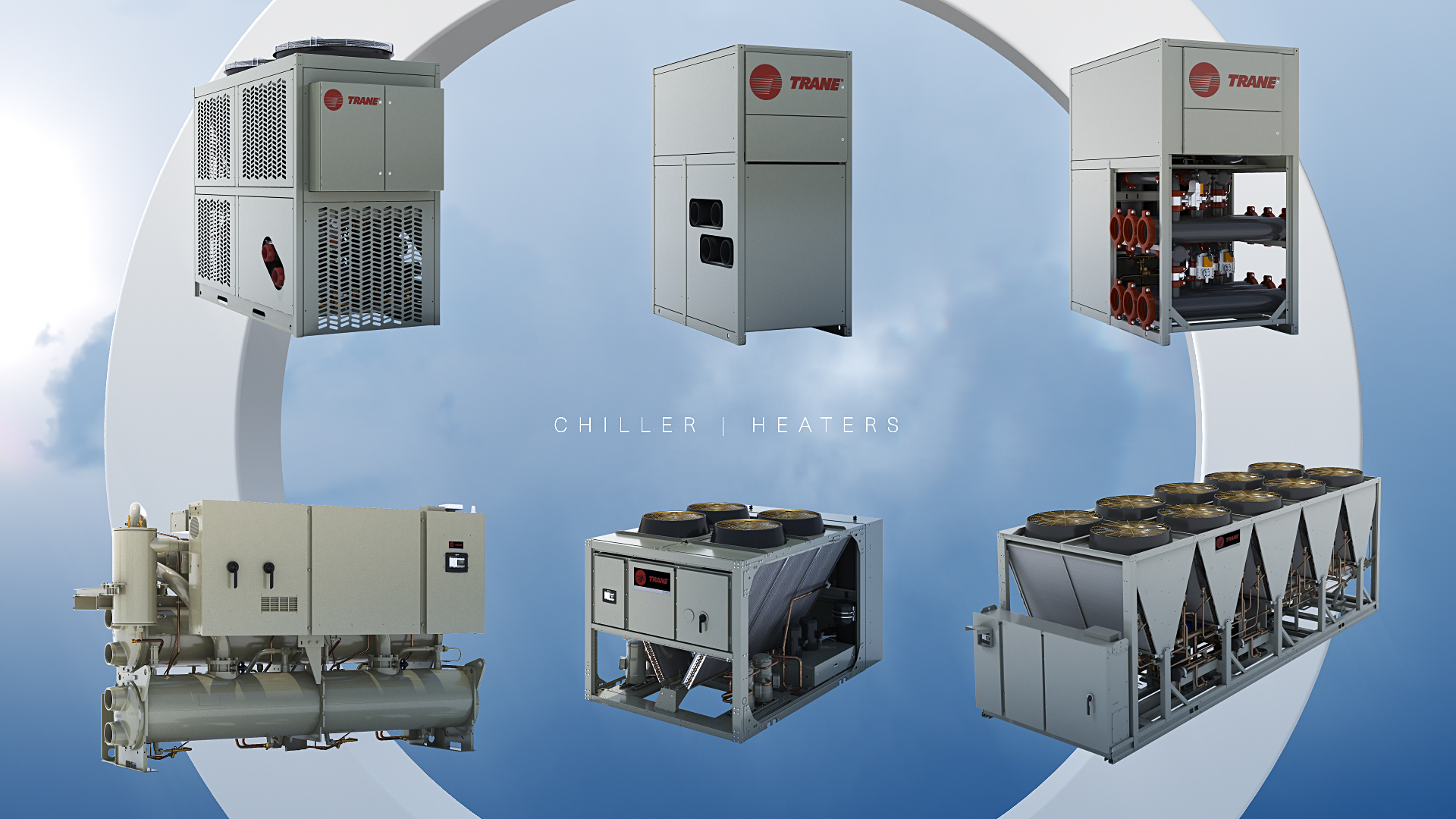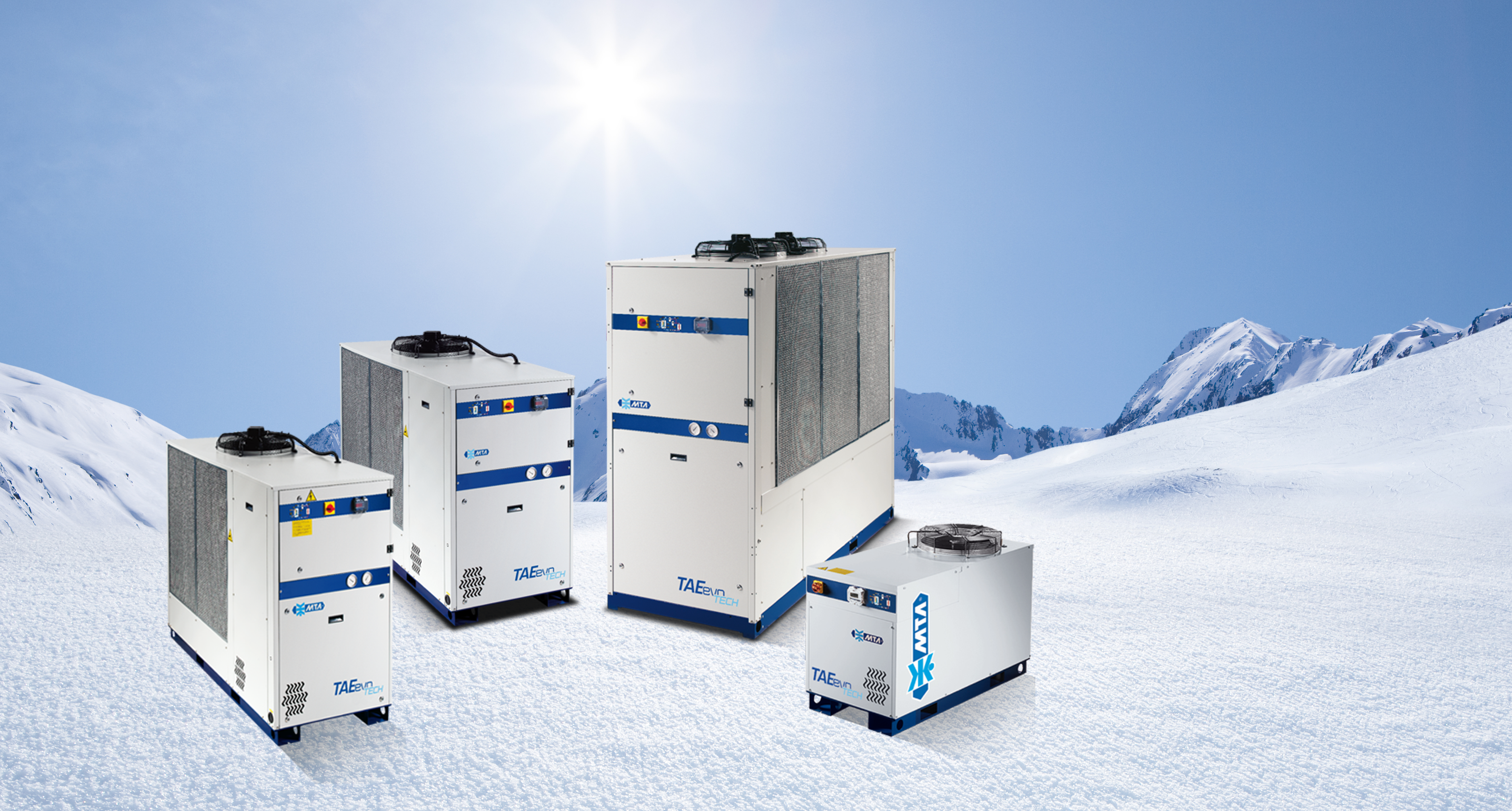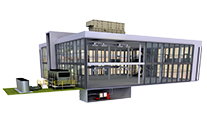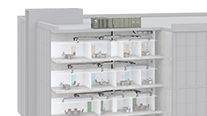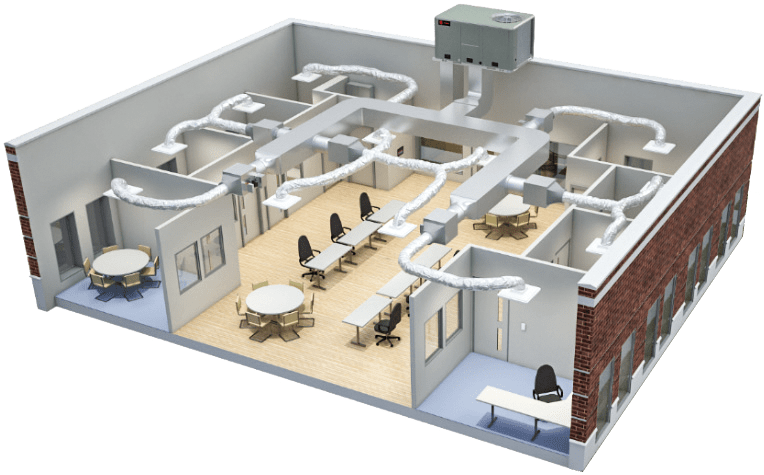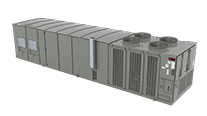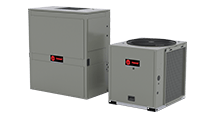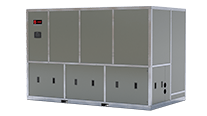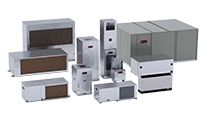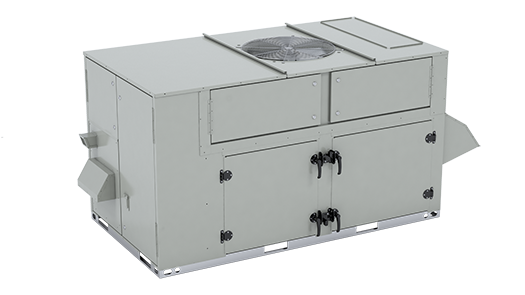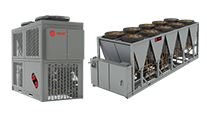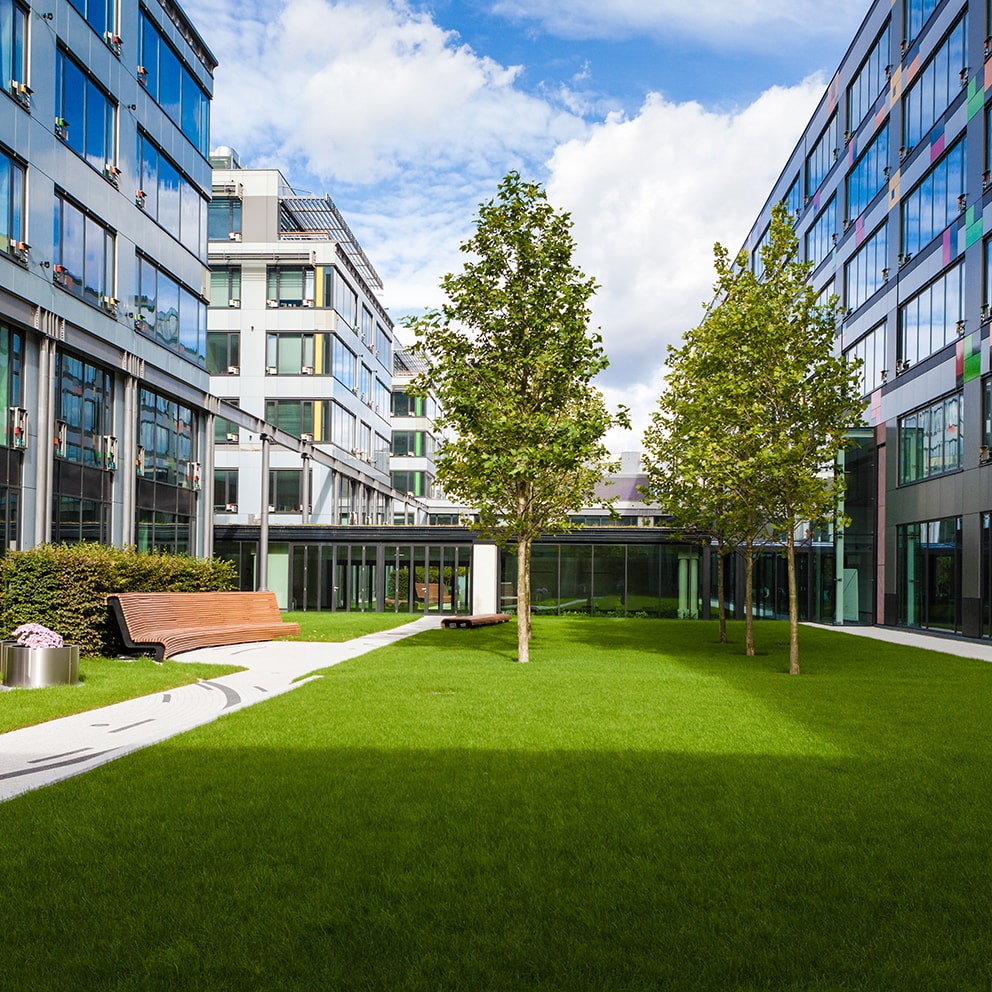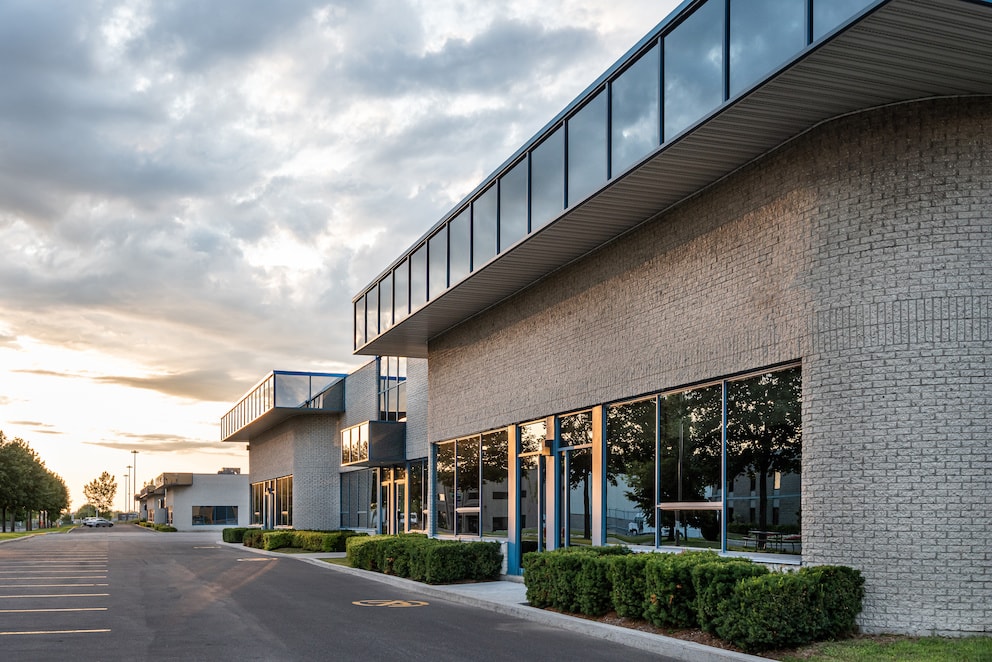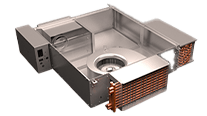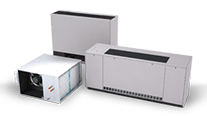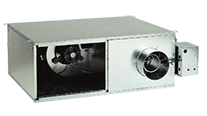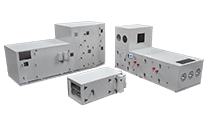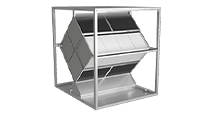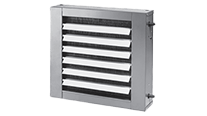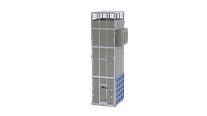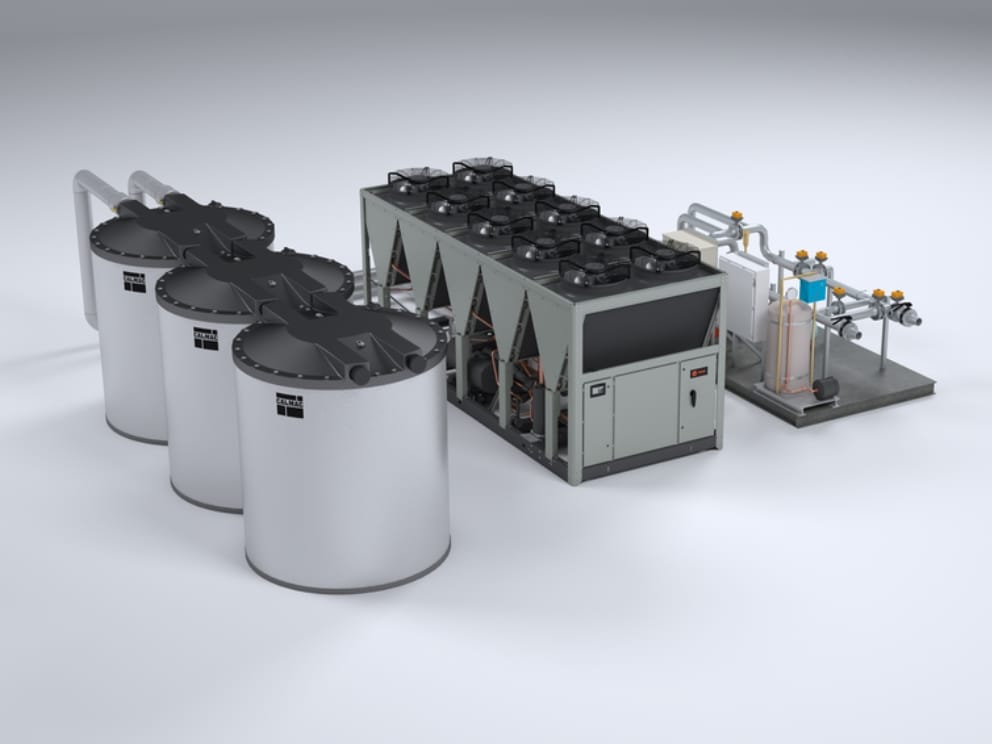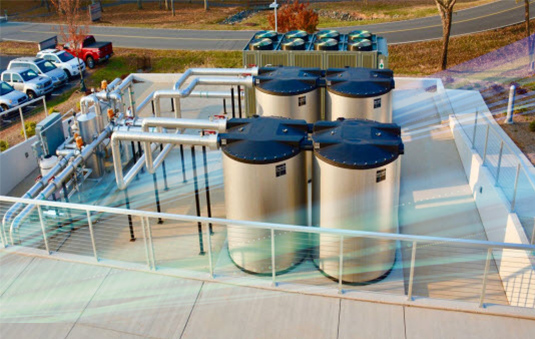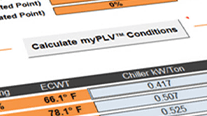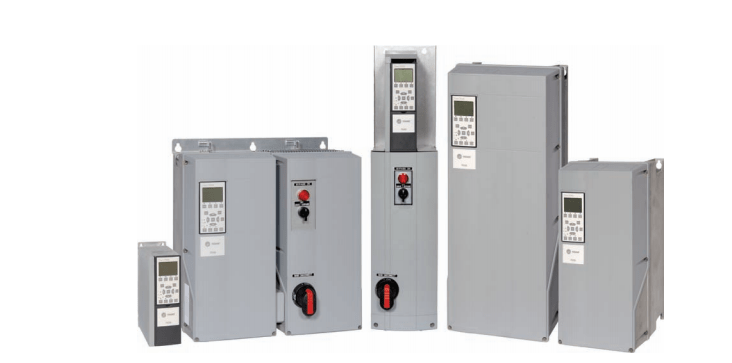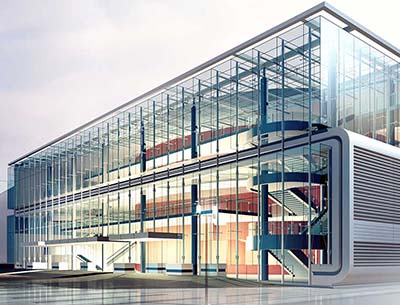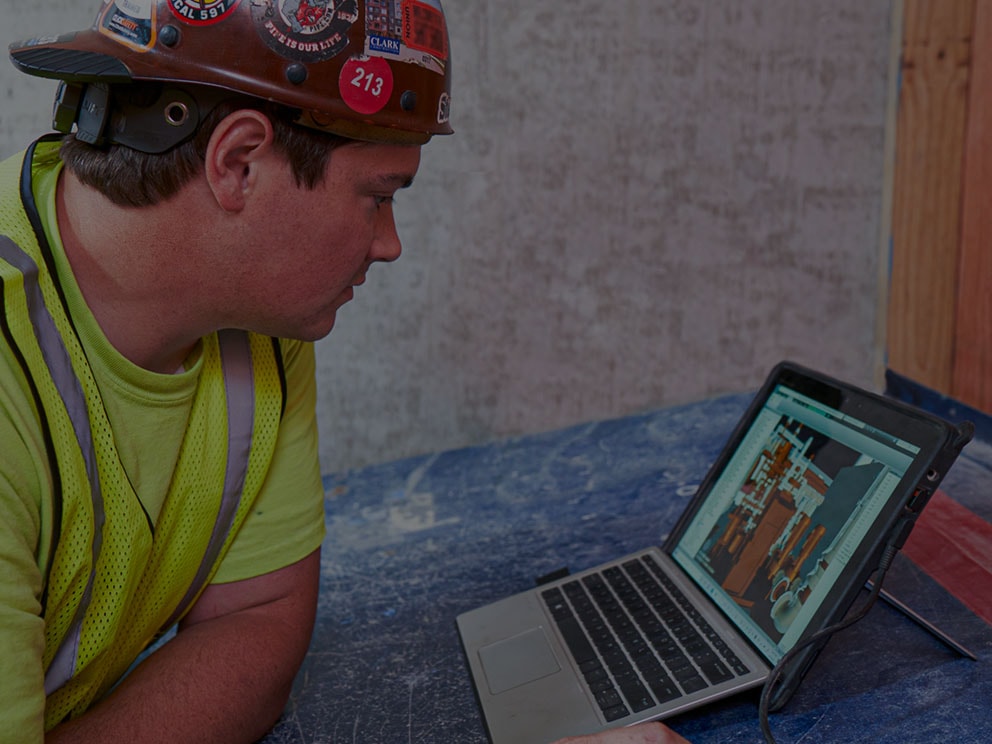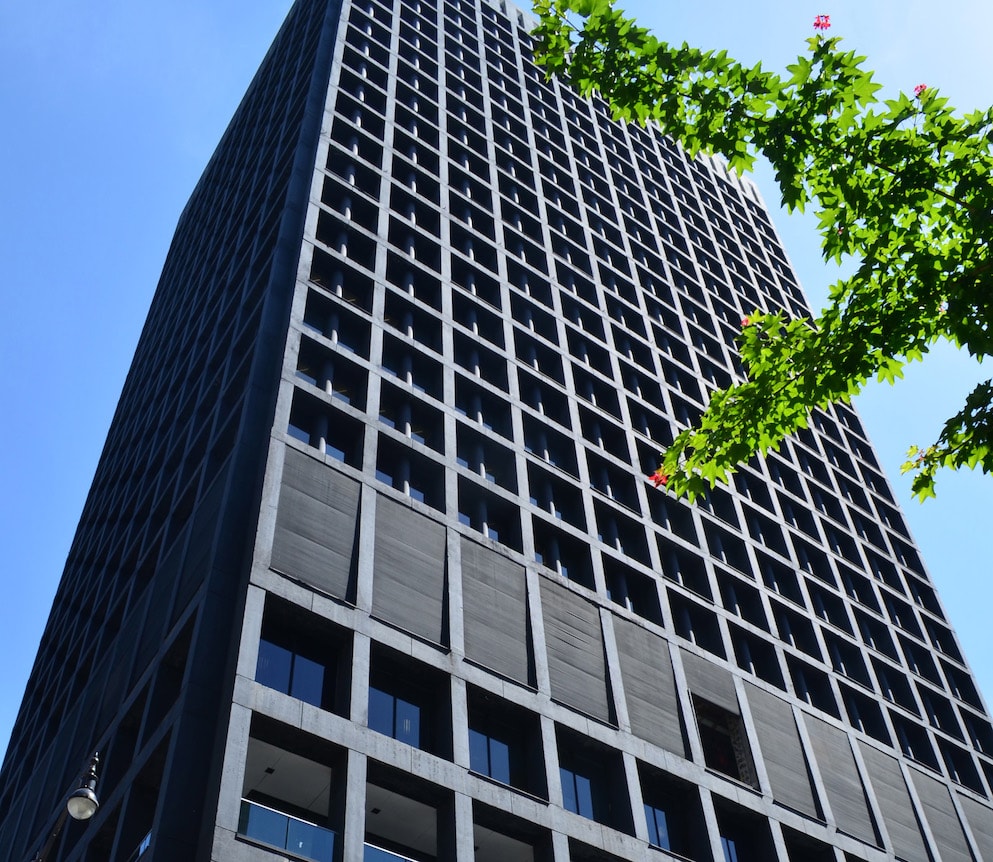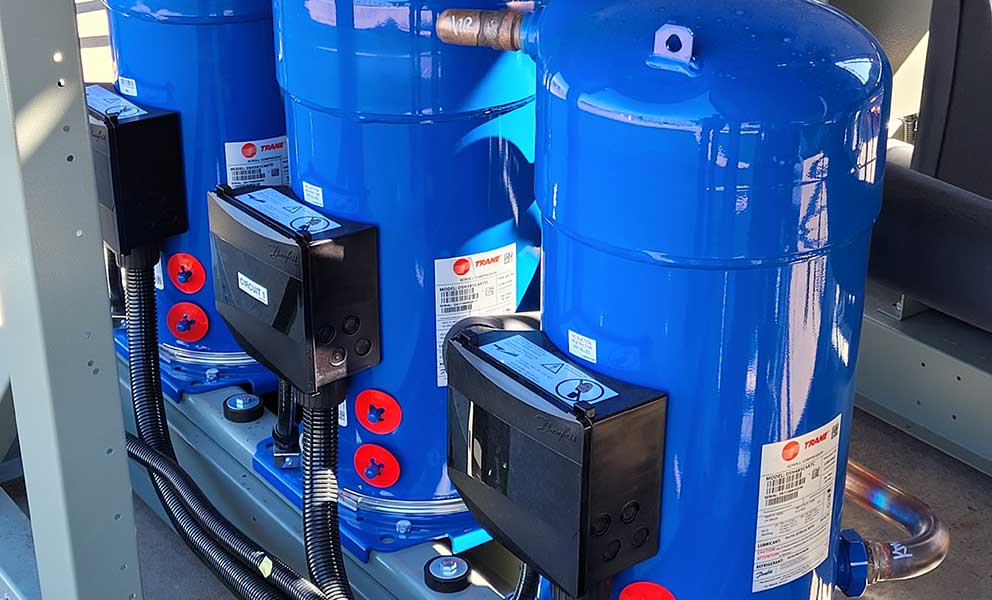Location: Vancouver, British Columbia, CA
Industry: Commercial Real Estate
Products Used: Chillers, Controls, Energy Storage, Building Automation Systems
Services Used: Energy Analysis & Monitoring, Upgrading
Climate: Humid & Cold
Topic: Decarbonization, Large Buildings
Challenge
Comfort wasn’t an issue at the West Hasting office building. The original-construction chillers, installed almost fifty-years ago, were handling load requirements. However, Golden Properties knew there weren’t a lot of years left in the aging equipment and wished to upgrade to new technologies that would not only reduce energy consumption, but also provide options to enable more efficient building operations.
Solution
Based on an equipment and service relationship with Trane that spanned many years, Golden Properties began discussions with the company regarding the upgrade. A plant visit allowed the real estate investment company to further investigate Trane’s expertise in efficient plant design, as well as the company’s organizational depth. “For me it was about the team and business continuity,” said Kenric Lee, Director of Operations, Golden Properties, Ltd. “Let’s go with who we know and trust.”
Creating an optimal plant design
Golden Properties and Trane participated in round table discussions and facility tours to thoroughly evaluate energy-saving retrofit options. Using the TRACE® 700 software program, a cost/benefit analysis was completed to compare the energy and economic impact of various HVAC equipment and chiller plant designs. The decision was made to move forward with a new plant design that would incorporate one chiller optimized for cooling duty and a second chiller optimized for heating output. The new design replaced constant flow with variable flow, reduced plant size by 200 tons, used more modern equipment and was more energy effcient. It included a Trane CenTraVac® centrifugal chiller, a water-cooled Trane® Series R® Helical Rotary RTWD chiller with heat recovery, a new cooling tower, and higher-efficiency pumps.
Taking on installation challenges
Installation of the chilled water plant began in summer to take advantage of warmer weather and better working conditions. In order to ensure that tenants remained comfortable during construction, one of the old chillers was removed and replaced with the Trane CenTraVac chiller, while the other chiller continued to operate. With the chiller plant located on the sixth floor and the cooling tower on the twenty-ninth floor rooftop, the Trane installation team worked through the challenging logistics of the project, obtaining permits to block off areas surrounding the building. A large crane was assembled on site to lift the heavy equipment in place. Once the CenTraVac chiller was up and running, the second chiller was replaced with the Series R chiller. The compact size of the Series R chiller helped to speed installation. The cooling tower replacement was completed in the fall.
Reducing energy costs, increasing reliability
The Trane CenTraVac® chiller delivers the highest possible full-and part-load efficiencies and includes Adaptive Frequency™ Drive (AFD) to further enhance energy management. The variable speed drive maximizes chiller efficiency and reduces power consumption by adapting the compressor motor speed and inlet guide vanes to the chiller operating temperatures. Varying the speed to optimize the performance of the compressor takes advantage of part lift conditions that translate into significant energy savings. The Trane Series R® Helical Rotary chiller works with the centrifugal chiller, providing reliable operation with an efficient, low-speed, direct drive compressor design.
The new plant optimized the building for a variable primary flow design rather than the constant flow previously used. Variable flow varies the water flow throughout the system, including the evaporators and cooling tower, eliminating the secondary distribution pump and reducing energy use. An induced draft cooling tower replaced the forced draft cooling tower to further reduce energy consumption.
Monitoring operations, improving efficiency
A Tracer® SC building automation system (BAS) collects data from meters installed throughout the facility to monitor and control building operations. Facility managers use the web-based BAS to access systems from their smartphone or tablet to establish schedules, make set point changes and manage alarms. The Tracer Chiller Plant Control application helps to optimize efficiency by implementing chiller sequencing, matching capacity to building load, and coordinating pumps and cooling towers with chiller operation for greater energy efficiency. The Tracer SC dashboard provides an easy-to-interpret graphical display to report current operating conditions and energy usage.
Planning for future energy savings
With the chiller plant redesign, the property is poised for additional energy savings in the future. In the second phase of its energy saving upgrade, Golden Properties is considering the possibility of implementing the heat recovery and thermal storage options offered by the Trane chillers. Using heat recovery would enable Golden Properties to significantly reduce energy costs by using heat that normally is rejected for heating the building and hot water supply, reducing boiler use and gas required for heating. With thermal storage, ice generated at night during off peak hours would be used to provide daytime cooling.
Results
A chiller plant redesign and implementation of building automation system at the 1177 West Hastings office building is helping Golden Properties meet current and future cooling and heating needs. Year-one results exceeded expectations with a 875,000 kWh reduction in energy use for a 73 percent savings. The new plant design has also resulted in a cooling tower water reduction of 47 percent, and provides increased redundancy for improved reliability, while adhering to architectural limitations and budget parameters. “This was a project of a lifetime,” said Lee. “With the age of the building, the installation challenges, the objectives we wanted to achieve, and budget parameters, it could have been a nightmare, but Trane had the expertise to get the job done. Trane also handles so much of our operational needs. It makes my job a lot easier.”




